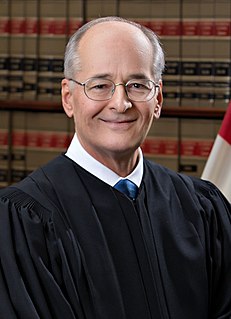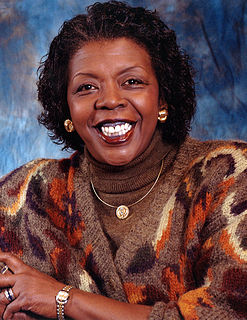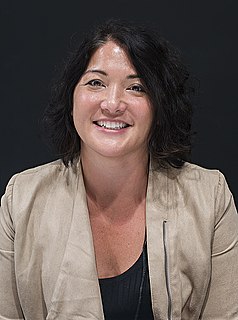A Quote by Sonia Sotomayor
Related Quotes
The Clinton investigation was a completed investigation that the FBI had been deeply involved in, so I had an opportunity to understand all the facts and apply those facts against the law as I understood them. This investigation was under way - still going when I was fired. So it's nowhere near in the same place.
[The scientist] believes passionately in facts, in measured facts. He believes there are no bad facts, that all facts are good facts, though they may be facts about bad things, and his intellectual satisfaction can come only from the acquisition of accurately known facts, from their organization into a body of knowledge, in which the inter-relationship of the measured facts is the dominant consideration.

































